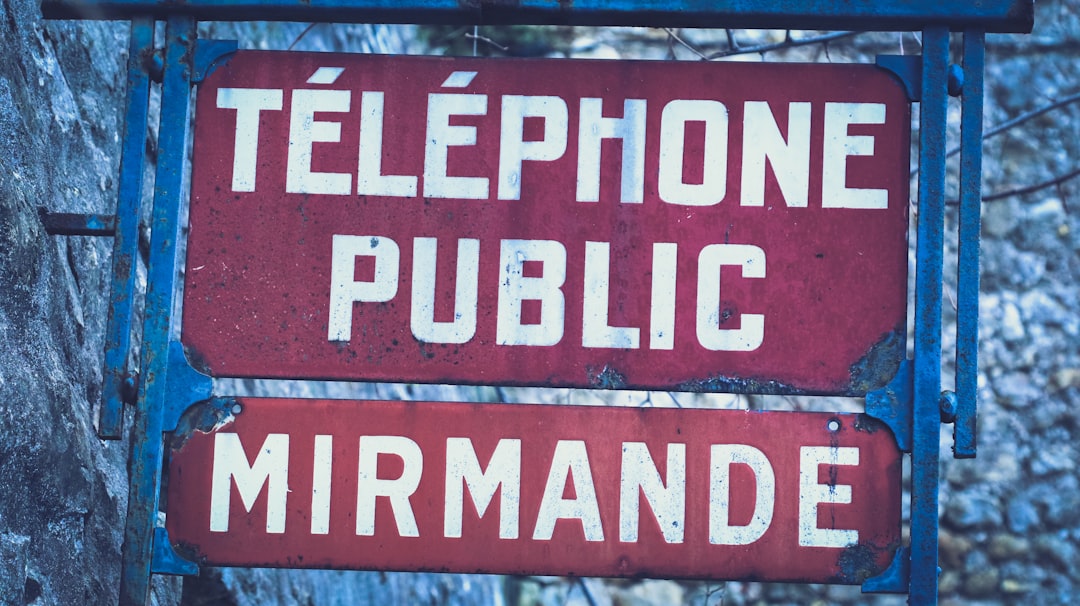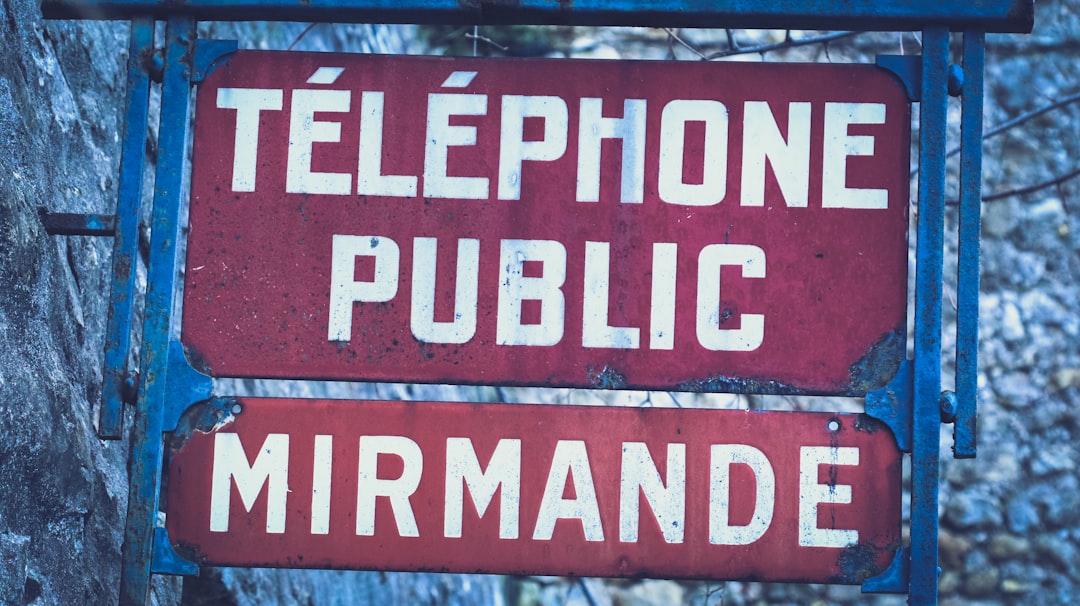In Nevada, consumers have strong rights under debt validation laws, which protect against unfair collection practices. Debtors can request verification of debt validity within 30 days of communication from a collector, including details like original creditor and amount owed. A Debt Validation Letter, protected by the FDCPA, allows consumers to dispute inaccurate debts and receive proof from collectors who must provide documentation. By following steps like examining account specifics and sending a formal letter via certified mail, Nevadans can protect their rights and ensure debt collectors comply with legal boundaries.
“Unraveling Nevada’s debt validation laws is crucial for both debtors and creditors alike. In this state, consumers have rights that protect them from unfair collection practices. This article guides you through the process, focusing on debt validation letters—essential tools to ensure transparency and compliance with Nevada debt collector laws. Learn what constitutes a valid letter, understand its purpose, and discover the step-by-step process to draft and send one effectively, ensuring your rights are protected in this ever-changing legal landscape.”
Understanding Nevada Debt Validation Laws

In Nevada, understanding and adhering to the state’s debt validation laws are crucial rights for consumers dealing with debt collectors. These laws are designed to protect individuals from unfair practices and ensure transparency in the debt collection process. According to Nevada’s debt collector laws, upon receiving a debt notice or communication, debtors have the right to demand verification of the debt’s validity. This includes confirming the original creditor, the amount owed, and the basis for claiming the debt.
Debt collectors in Nevada must provide this validation within 30 days of the debtor’s request, as mandated by law. Failure to do so may lead to legal repercussions. Consumers should familiarize themselves with these rights to protect themselves from abusive collection tactics. Promptly challenging debts can help prevent inaccurate or fraudulent claims from escalating and ensure that debt collectors operate within legal boundaries.
What is a Debt Validation Letter?

A Debt Validation Letter is a formal, written communication sent by a consumer to a debt collector or creditor, requesting verification of the debt’s legitimacy and details such as the original amount owed, interest accrued, and collection fees. This process is protected under the Fair Debt Collection Practices Act (FDCPA) in Nevada, which outlines the rights of consumers to dispute debts they believe are inaccurate or invalid. By sending a debt validation letter, individuals can ensure that they are being charged correctly and avoid any unfair practices by debt collectors.
In Nevada, debt collectors must provide verifiable proof of the debt upon request, including copies of contracts, receipts, or other documentation. The letter should be clear and concise, stating your intention to verify the debt and demanding specific information. According to Nevada debt collection laws, collectors are prohibited from engaging in abusive, unfair, or deceptive practices, making the validation process a crucial step for consumers to protect their rights.
Steps to Draft and Send a Validating Letter in Nevada

To draft and send a debt validation letter in Nevada, follow these straightforward steps. First, review your account details, including the original creditor’s name, the date of the last payment, and the outstanding balance. Then, write a formal letter addressed to the debt collector or creditor, stating your dispute and requesting verification of the debt.
Include key information such as your name, address, and account number at the beginning of the letter. Clearly state that you are disputing the debt and demand validation of the amount owed. According to Nevada debt collection laws, they have 30 days to respond with the necessary documentation. Ensure you send the letter via certified mail with a return receipt requested for proof of delivery.






